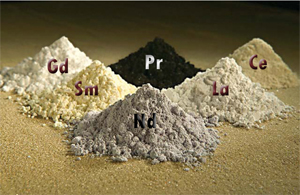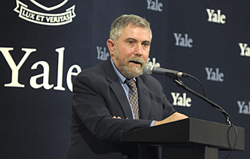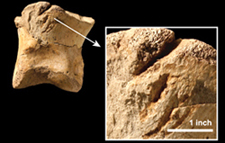Rare Earth Elements in U.S. Not So Rare
*Significant Deposits Found in 14 States*
Approximately 13 million metric tons of rare earth elements (REE) exist within known deposits in the United States, according to the first-ever nationwide estimate of these elements by the U.S. Geological Survey.
This estimate of domestic rare earth deposits is part of a larger report that includes a review of global sources for REE, information on known deposits that might provide domestic sources of REE in the future, and geologic information crucial for studies of the availability of REE to U.S. industry.
The report describes significant deposits of REE in 14 states, with the largest known REE deposits at Mountain Pass, Calif.; Bokan Mountain, Alaska; and the Bear Lodge Mountains, Wyo. The Mountain Pass mine produced REE until it closed in 2002. Additional states with known REE deposits include Colorado, Florida, Georgia, Idaho, Illinois, Missouri, Nebraska, New Mexico, New York, North Carolina, and South Carolina. (more…)




